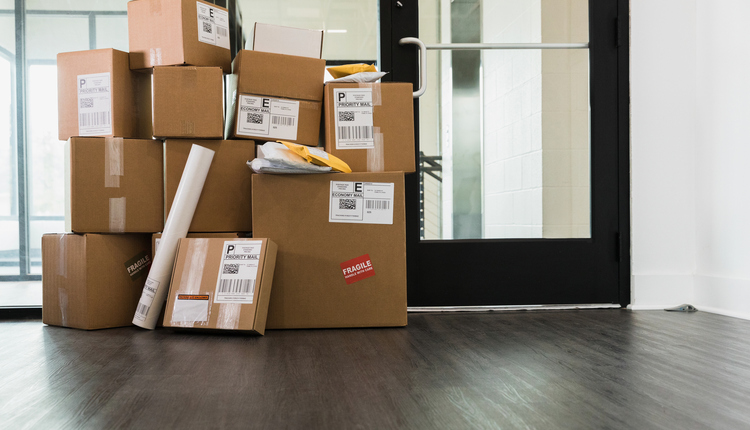As the summer of 2021 has seen a reduction in the COVID-19 lockdowns, what certainly has not been reduced are the capacity issues facing the parcel marketplace. While engaging with new partners in any space always involves a feeling-out process, doing so with a partner who has almost all the leverage, such as parcel carriers in 2021, is a slippery slope. For that reason, these are the top six things you should be asking your new prospective parcel partners.
1. When are you able to begin taking new business?As FedEx and UPS have begun putting caps on numbers of trailers at many large- and medium-sized shipping operations, shippers have needed to transition that volume as soon as possible to meet customer needs. While cost is important, the fact of the matter is, if you want to make money, you have to be able to deliver to your customer, no matter how much that costs. This is likely the most important question when talking about capacity in 2021.
2. Is your capacity able to scale with us?
E-commerce shipping is growing, and that growth is expected to continue. As brands grow, it will most certainly be because of a growth in online shopping and e-commerce shipping. Therefore, if the business goes up 10%, it will coincide with a similar growth in package count in direct-to-consumer shipping. As you are having conversations with your new or prospective partners, you want to make sure they are going to be pushing initiatives to support growth in their network as well as yours.
3. What is your policy on adding new surcharges mid-year? Are these surcharges negotiable?
These questions go hand in hand. When it comes to new and increased surcharges, it is no secret at this point that FedEx and UPS have led the way. However, several regional carriers have followed suit in adding new surcharges mid-year. Before signing any agreement, you want to determine if your new partners are likely to do this, and if so, whether you can negotiate or decline any new/increased surcharges as has sometimes been possible in the past.
4. What happens if we need more capacity on short notice?
While most shippers have a good grasp on their estimated volume in a week or month, unforeseen things can happen. Whether it be unexpected publicity or better than expected sales, you need to be prepared to scale on a moment’s notice. Therefore, you need partner(s) who are willing to work with you to find solutions when you are in a bind.
5. How do you handle your last-mile delivery?
The last mile is always a tricky conversation to navigate, as each carrier or courier handles this piece at least slightly differently. FedEx is transitioning all its packages away from the postal model, while UPS continues to grow its partnership with the USPS. Likewise for regional and niche carriers, each carrier acts differently. A couple of important topics to touch on are the following: Do you own your own fleet and deliver directly to customers? If the answer is yes, do your employees act as independent contractors or are they a part of a union? The answer to this could affect you if a labor strike ever presented itself. If the answer is no to owning its own fleet, does the USPS deliver the packages? As some unpleasant experiences pop into mind from the last year and a half, these questions will help you weed out potential carriers.
6. What was your on-time delivery like during the pandemic?
Again, this was a hot topic in 2020 and will likely continue to be as we get into the fall and winter of months of 2021, especially during peak season. It is going to be important to hit milestones as we approach the holidays, and the fact is, several carriers did very poorly at this in 2020. When you are paying for upgraded services, you expect your partners to deliver on those services. Therefore, you need to know how any potential partner performed in this area over the last year, and how they plan to improve in 2021.
The days of choosing a carrier based solely on the bottom line may be behind us. Instead, the focus has shifted to who can deliver the best combination of reliability, rates, and partnership—and these questions should help you make a decision.
Logan Mullen is a Senior Consultant at enVista, a global consulting and software solutions firm. Logan’s role at enVista includes helping customers negotiate parcel agreements and the data analysis that comes with that. You can contact him at lmullen@envistacorp.com.
This article originally appeared in the September/October, 2021 issue of PARCEL.














